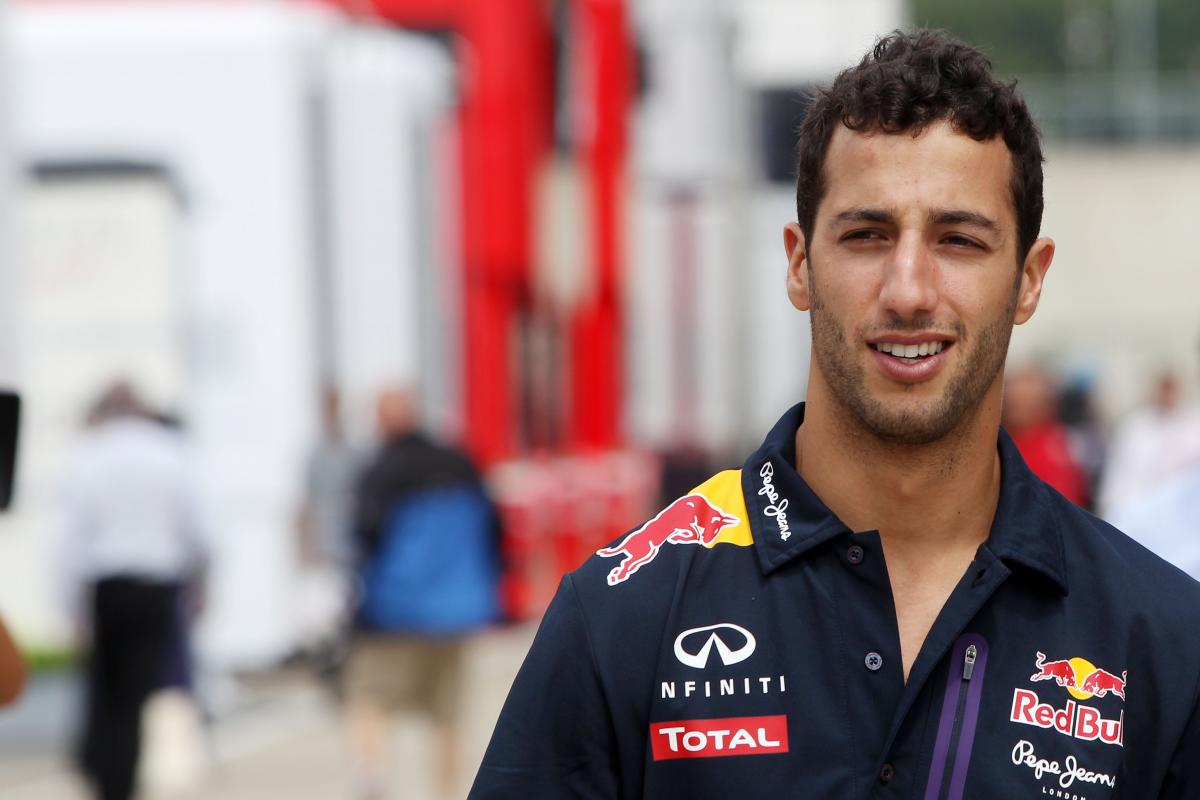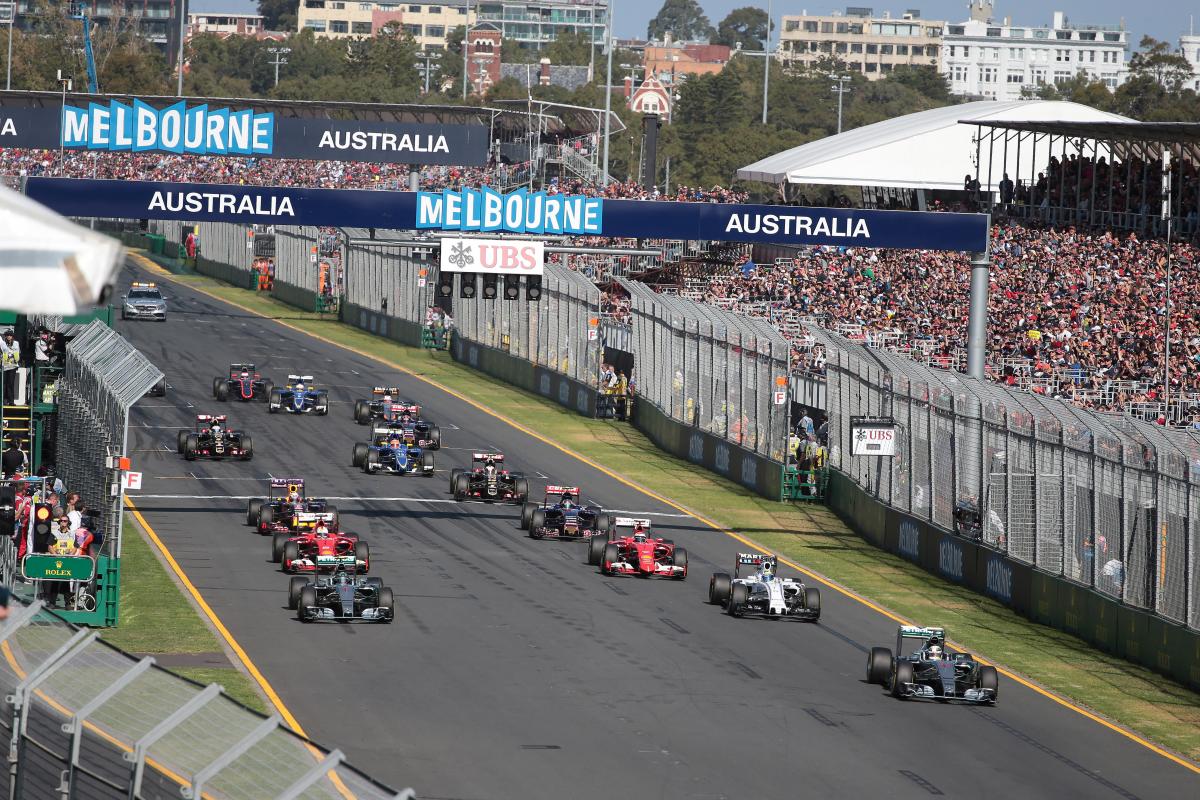V6 turbo hybrids set to stay as engine cost cuts agreed

Formula 1 will continue to use V6 Hybrid power units until 2020, it has been decided, after teams and the FIA agreed to manufacturer proposals that would see engine costs substantially reduced during latest Strategy Group meeting.
In the wake of Ferrari vetoing cost cap measures in October 2015, the FIA initiated a new proposal that would see an independently-developed engine being made available to teams at a lower price than the reported 16-20 million euros being charged to customer teams by Mercedes, Ferrari, Renault and Honda.
Though the proposal went as far as a tendering process, the plan was put on hold in November when manufacturers agreed to co-operate on an alternative plan to primarily reduce costs and improve the spectacle.
This deadline passed on 15th January, with teams reportedly agreeing during a two-day Strategy Group meeting to reduce costs to approximately 12 million euros in exchange for the power unit regulations to remain in place until at least 2020.
In addition, under the terms of the agreement that will come into force from 2018, all teams will be guaranteed an engine supply. This is in reaction to the Red Bull and Toro Rosso's quandary in 2015 that very nearly left it without any engines as relations with supplier Renault strained.
While the FIA and its president Jean Todt is likely to have been satisfied by the manufacturers' proposals to reduce costs - which was its primary motivation behind the proposal to offer a cheaper customer engine in the first place -, it is unlikely to have sated Bernie Ecclestone or Red Bull, who have long been a staunch critic of the current generation V6 Hybrid power units.
Indeed, with Ecclestone considering the hybrid units to be too slow and not providing enough of a spectacle, the proposed customer engine was set to run to a different specification, which in turn would have made it cheaper to sell to customer teams. It was also seen as a way of allowing Ecclestone the chance to reclaim some 'power' from the manufacturers - most notably Mercedes and Ferrari - by having control over at least one offered engine.
All new agreements will still need to be ratified by the World Motorsport Council.

